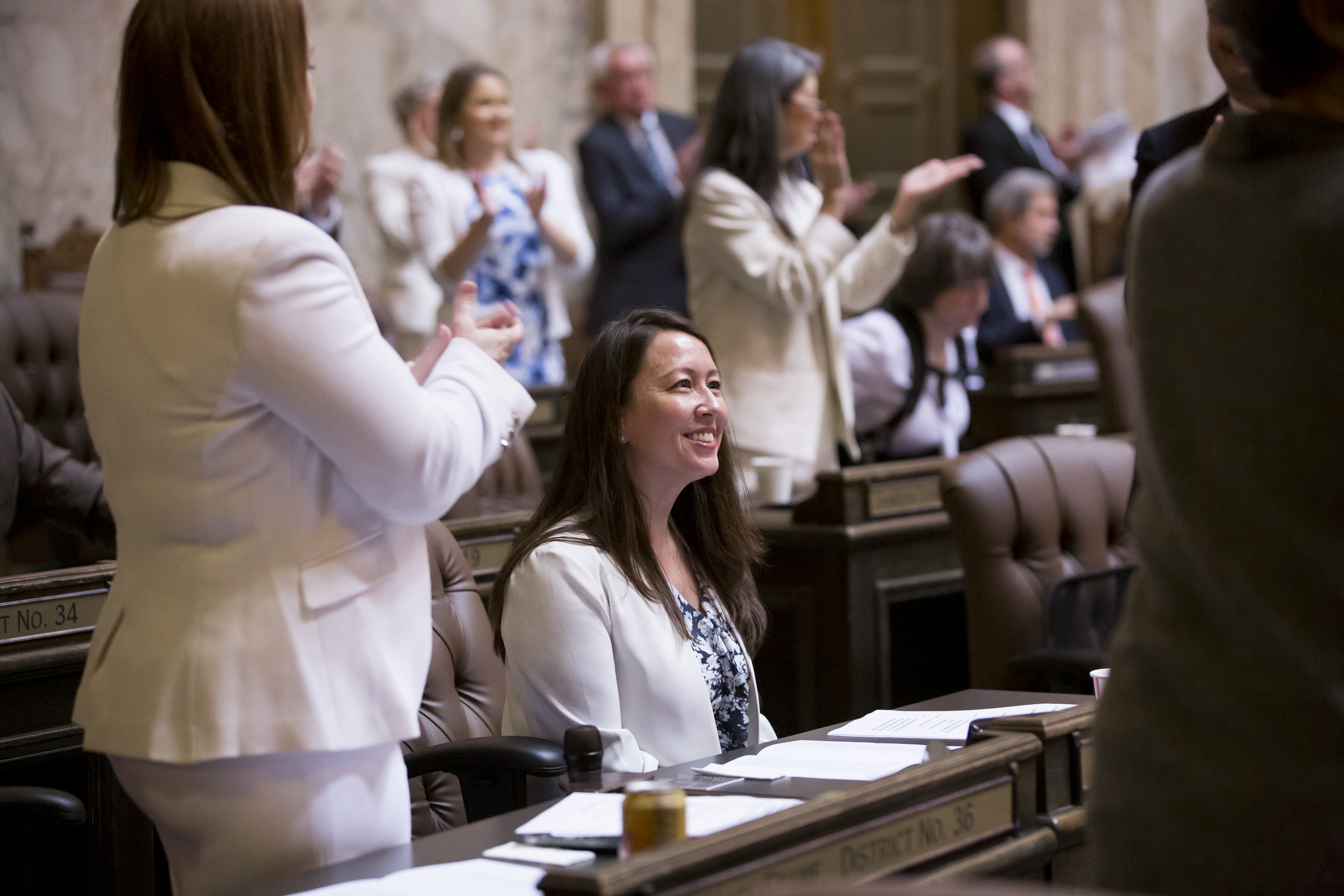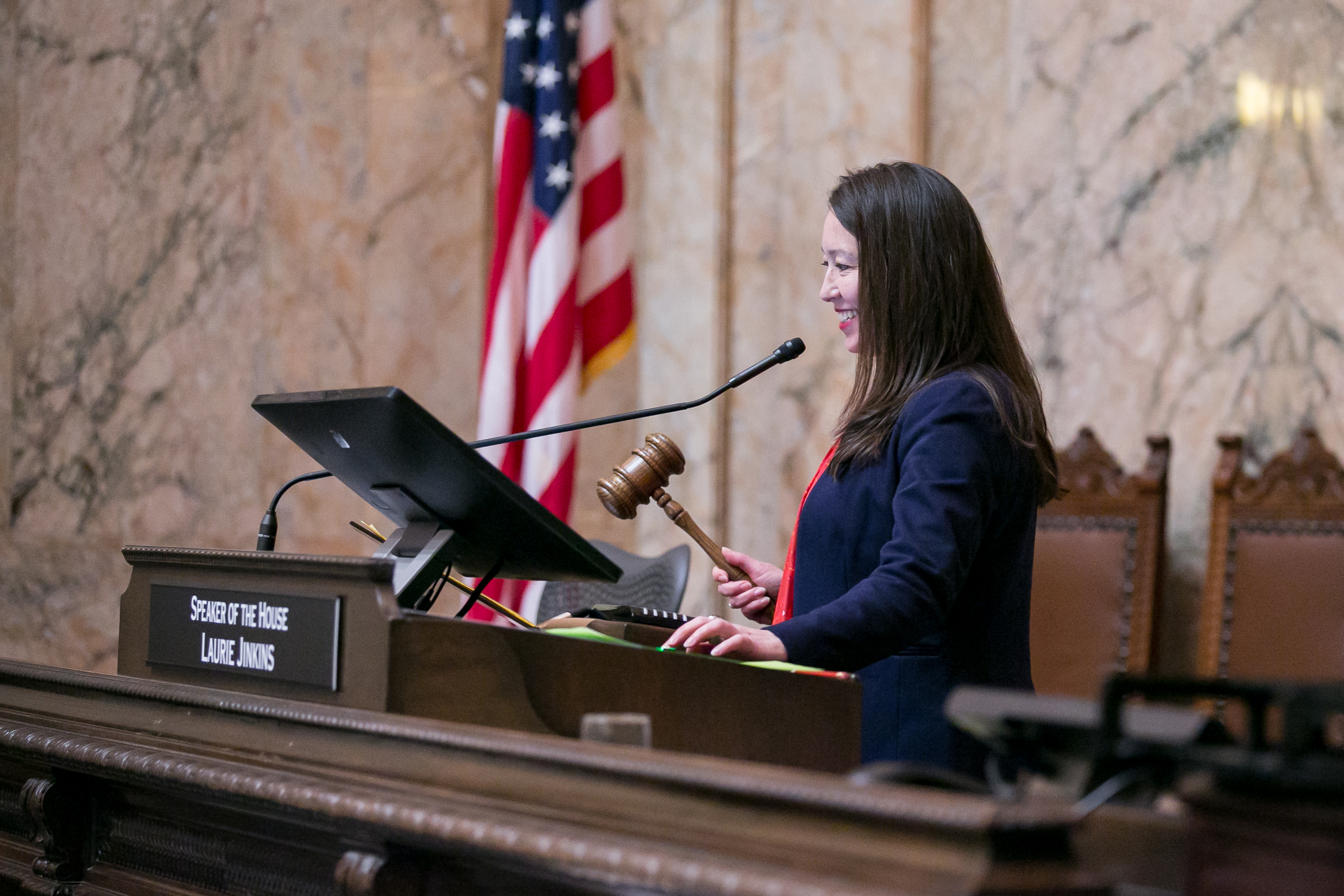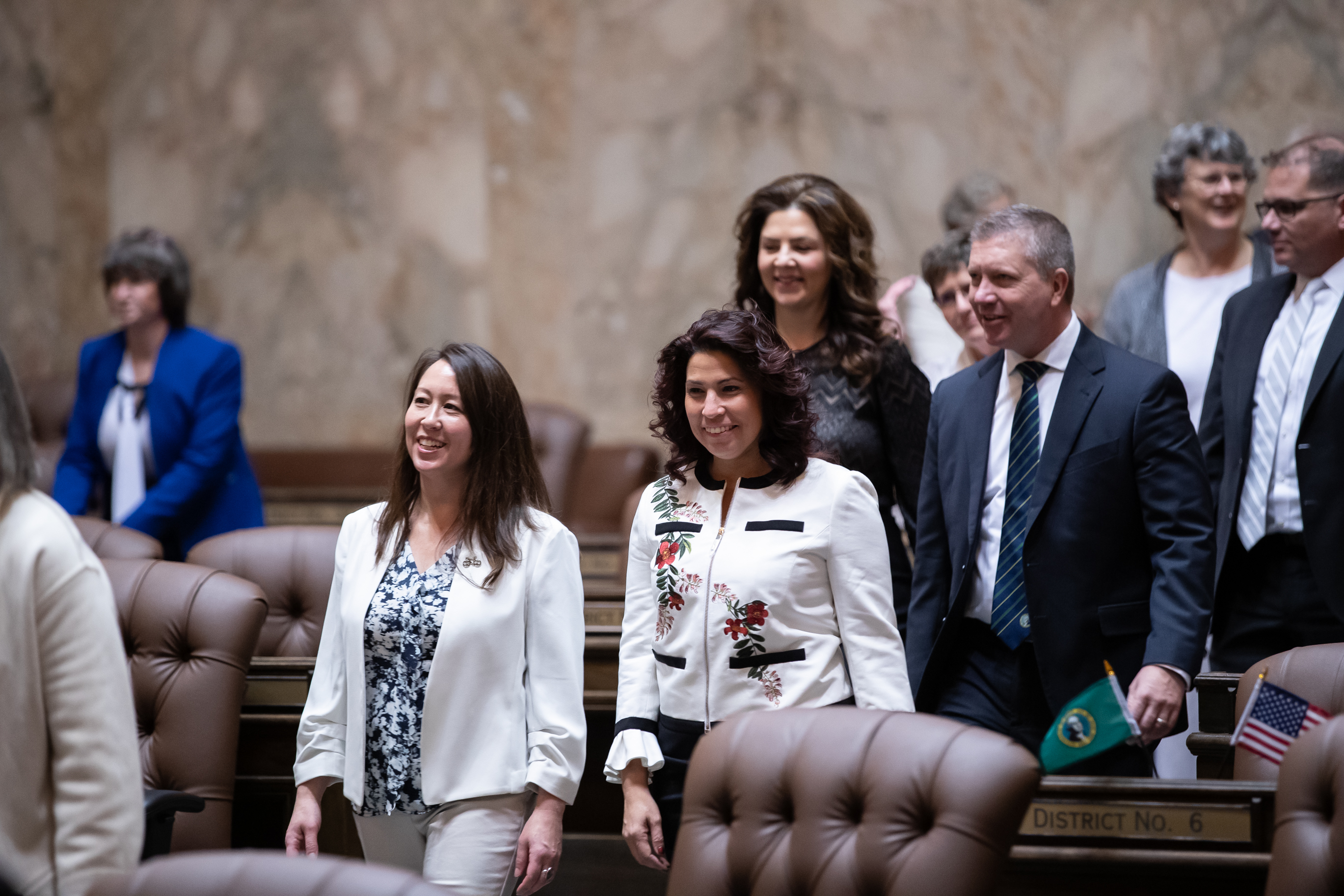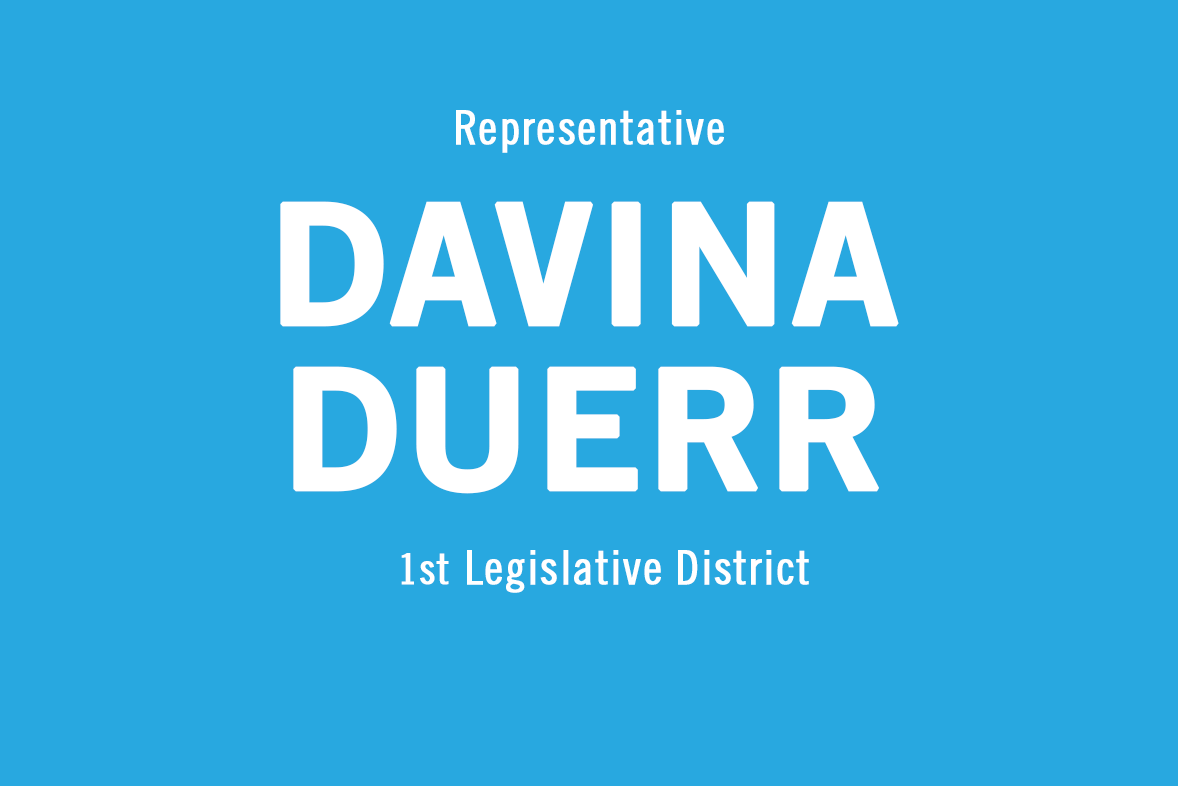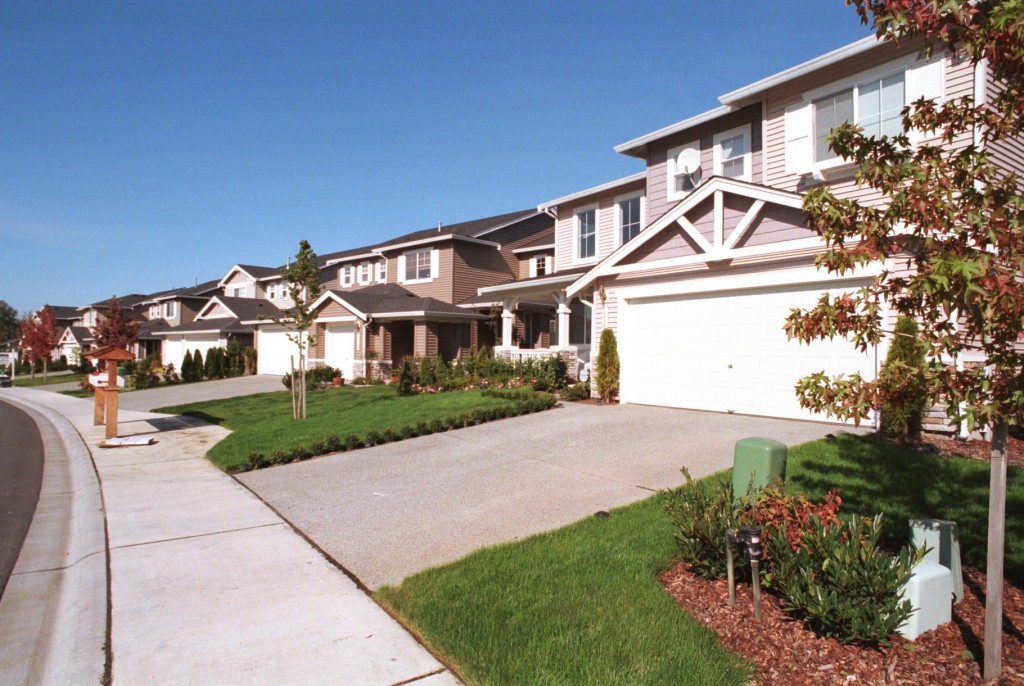Dear neighbors,
New state and federal funding is on the way for clean energy and sustainable transportation.
Here is a quick look at what’s happening and what it means for you.
Federal rebates for your home and EV
The Inflation Reduction Act of 2022 created rebates for homeowners.
These rebates are especially useful right now with the high temperatures and wildfires. For example, putting in a heat-pump system is often the most cost-effective way to have air conditioning in the summer, heat in the winter, and an air filter for your house.
- Home Efficiency—Low and moderate income Washington state residents are slated to receive $83 million in such rebates. Making your home more energy efficient via insulation saves energy and money.
- Home Electrification—An estimated $82 million is coming to Washington state residents. This program is meant to encourage people to switch to more efficient option such as electric-powered heat pumps, stoves, ovens, and dryers. The details of these programs are still being finalized. You can learn more and request updates from Commerce here: www.commerce.wa.gov/growing-the-economy/energy/federal-funding-for-buildings/
- Sustainable power—The new federal law creating 30 percent tax credits for the purchase of solar power, fuel cells, wind turbines, and related battery storage. Heat pumps, biomass stoves, and other high efficiency equipment are also eligible for a 30 percent tax credit, along with electric panel and circuit upgrades, new windows, insulation materials, and exterior doors.
- Electric vehicles—There’s also a federal tax credit of up to $7,500 if you buy an electric vehicle. On the state level, there’s a new sales tax exemption on up to $15,000 of the cost of a new or leased electric vehicle. These two efforts are underway and already in effect.
State funding via the The Climate Commitment Act
This spring, the Legislature passed new state budgets that invest $2.1 billion in projects and programs using Climate Commitment Act revenues.
These new investments include:
- $1 billion for transportation-focused investments that reduce GHG emissions and improve local air quality, including:
- $406 million for transit grant programs
- $176 million for bike/ped infrastructure
- $185 million for alternative fuels and electrification
- $88 million for clean ferries
- $50 million for high-speed rail
- About $750 million for reducing emissions outside the transportation sector, things like clean energy development, building energy efficiency and building electrification, methane emission reductions, growth management planning, climate resilience work, and CO2 removal, including:
- $80 million for grants and rebates to low-income households to purchase heat pumps and other high-efficiency electric home appliances
- Over $70 million for solar installations like the Yakama Nation’s project covering irrigation canals with solar panels
- $60 million for clean energy development
- $250 million for healthy forests and clean water, with an emphasis on habitat restoration and climate resilience.
- $83 million for forestland carbon sequestration
- $50 million for protection of privately owned riparian buffers
- $50 million for local air quality monitoring and improvements
With record-high temperatures being set each day in America and around the world, I believe we need to continue taking strong action to protect our communities and Washington state from extreme weather and climate change. These investments in sustainable energy and transportation are a huge step in reducing our energy use and how much pollution goes into the air.
I’ll continue working on this issue and will send updates when I learn more about opportunities for tax credits or grants.
Thank you for taking the time to read this, and I hope to hear from you soon!
